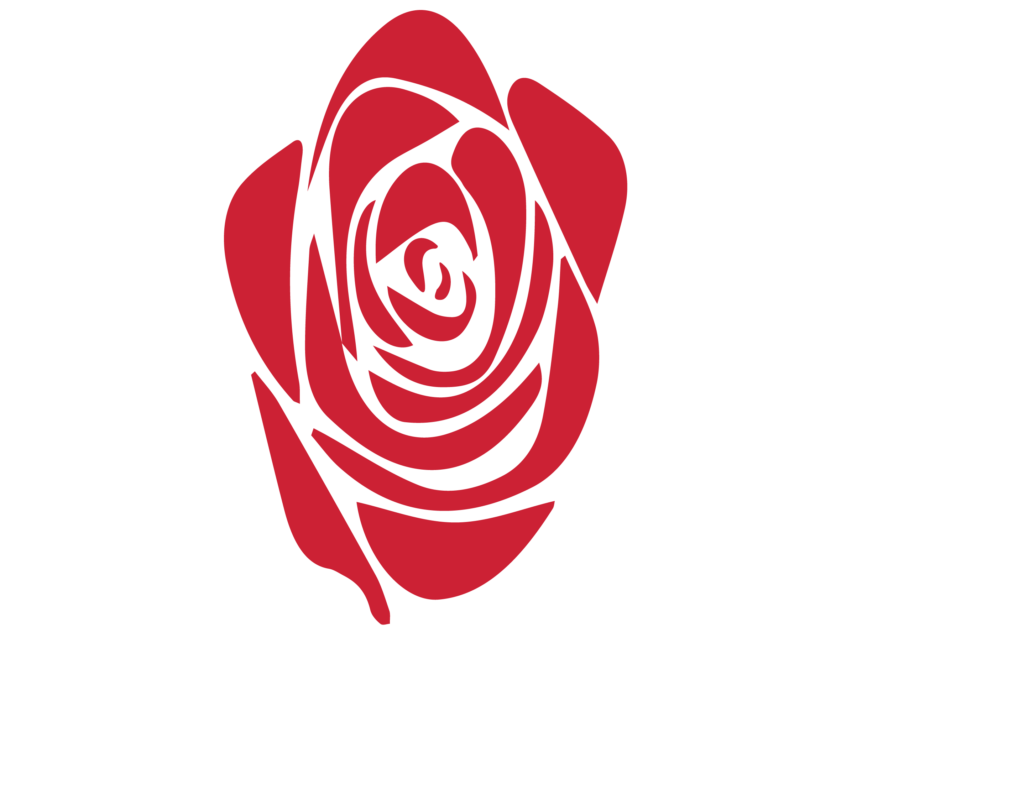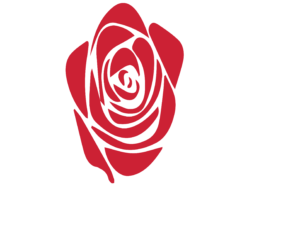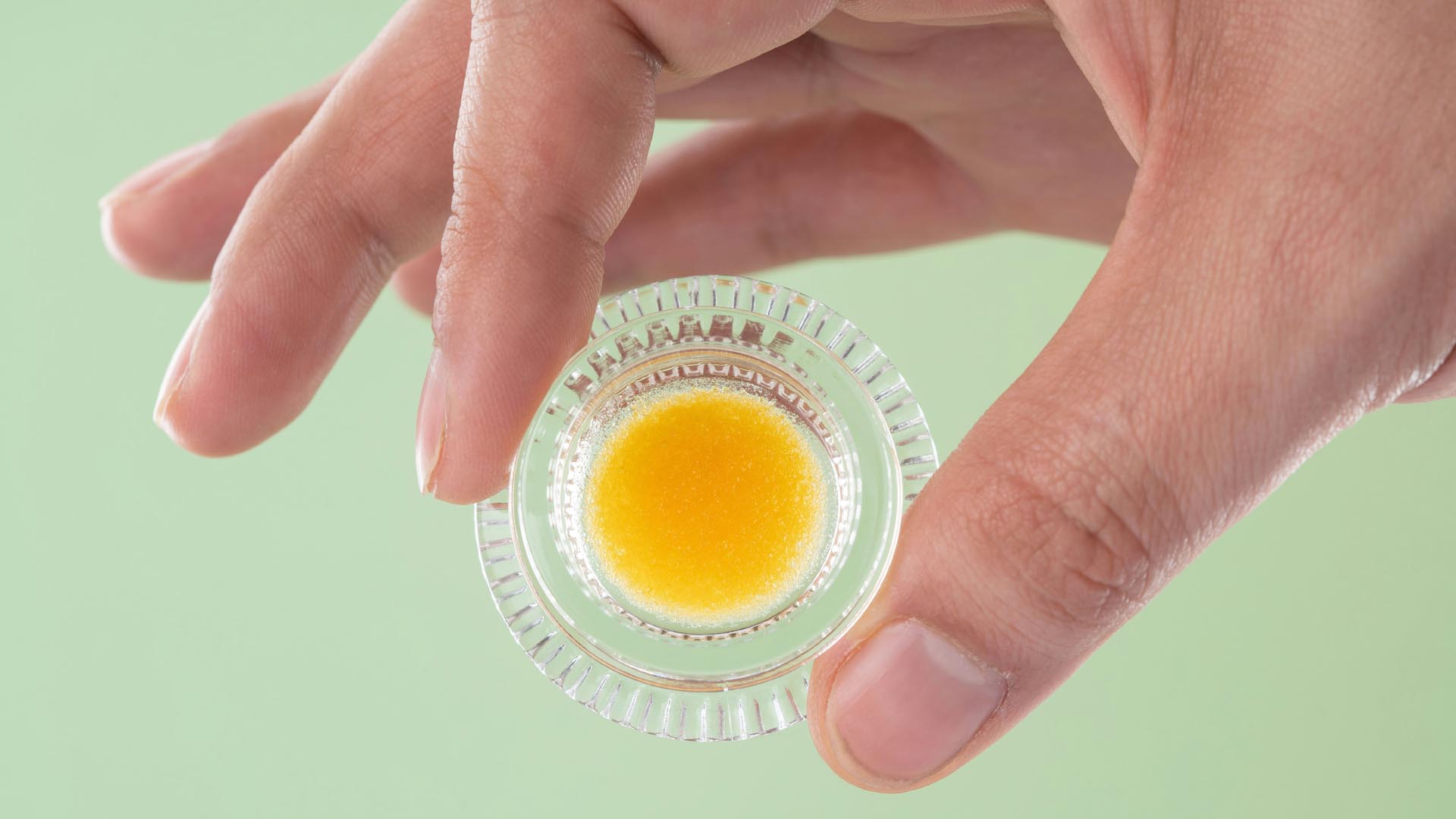
Humans have been ingesting marijuana for over 3,000 years. Throughout the centuries, the process of puffing was pretty straightforward: all you needed was fire and flower. However, as the smoking industry has grown, new products and techniques have emerged.
If you’ve ever found yourself at your local dispensary, scratching your head at the difference between resin and rosin, you’re not alone. It’s all part of the newest way to ingest THC: dabbing.
While the idea behind dabbing is the same as hitting a bowl or joint, the products have changed. Instead of smoking sticky buds, we now puff potent concentrates. Within this world of cannabis is a new debate: rosin vs. resin.
Let’s examine their differences to determine which is best for your next session.
Cannabis Concentrates
Before we dig into the difference between resin and rosin, let’s start with their similarities. After all, we’re here for the same thing: glorious THC. And fortunately, rosin and resin are both cannabis concentrates, so they have plenty of it!
As the name implies, a concentrate is a distilled version of marijuana. While the process of making rosin vs. resin differs, the goal of every concentrate is the same: to get rid of plant material and boil weed down to its purest, most potent essence.
The desirable cannabinoids and terpenes that create weed’s psychoactive effect exist in its trichomes. Trichomes are tiny hair-like growths that grow on the marijuana leaf. Every concentrate, including rosin and resin, is made of them.
Everything you dab is a cannabis concentrate. From hash to wax, every concentrate is a distillation of cannabinoids designed for dank, buzzy rips. However, not all cannabis concentrates undergo the same process. This is where the difference between resin and rosin comes into play.
What is Rosin?
In simplest terms, rosin is a cannabis concentrate that doesn’t use solvents in the extraction process. The extraction process is the root of the rosin vs. resin debate, and all their differences stem from the method used to make them.
Because rosin does not use chemicals, making it is labor intensive. First, you must pull the trichomes from the plant matter by making a bubble hash. This step involves using ice water to freeze the trichomes, stirring them until they fall off, and finally pulling them through bags with tiny screens.
Then, rounds of heat and pressure turn the bubble hash into soft, pliable rosin found at your local dispensary. If it sounds like a long process, that’s because it is. A significant difference between rosin and resin is how long it takes to produce each.
What is Resin?
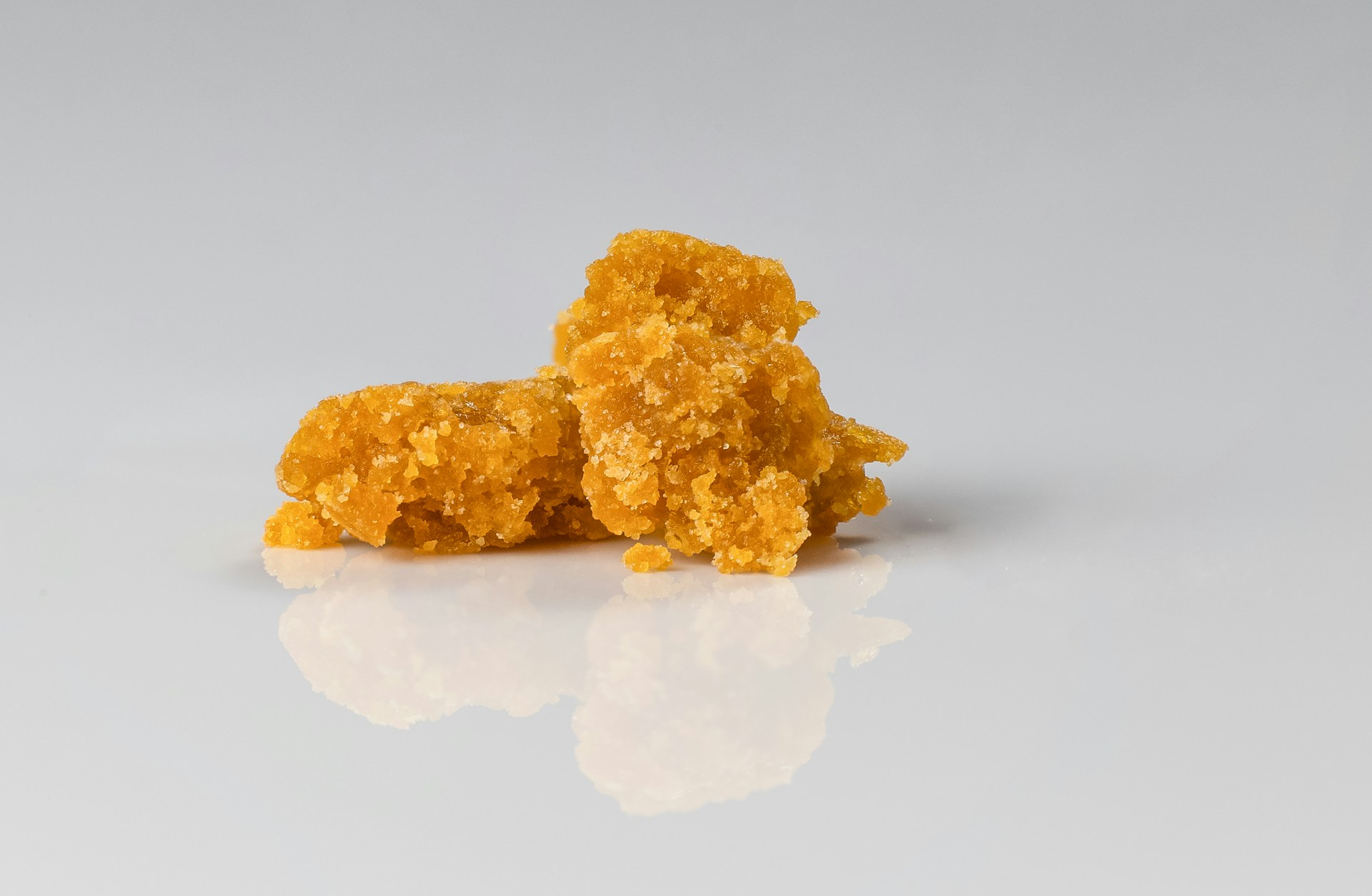
Resin starts as butane hash oil (BHO). To make BHO, cannabis is washed with butane or propane. This chemical process defines the rosin vs. resin debate, as it is the culprit that separates the trichomes from the plant. It leaves behind a mix of cannabinoids, terpenes, and flavonoids.
Of course, butane is dangerous to consume. So, solvents are removed from the BHO by heating the solution and evaporating any remaining butane. By tinkering with the heat and molecular structure of the BHO during the purging process, the consistency of the oil is manipulated into budder, wax, or shatter.
Difference Between Resin and Rosin
In the battle of rosin vs. resin, it’s easy to assume both concentrates are practically identical. And in a lot of ways, they are. Both are highly potent cannabis products designed for dabbing. They’re so similar that they practically have the same spelling!
However, there are some major differences between resin and rosin, too. Because rosin doesn’t use chemicals as part of its extraction process, the cannabis strain used needs to be high quality. Abundant trichomes are essential in the marijuana used to make rosin, which tends to make rosin a more expensive concentrate.
Another difference between resin and rosin is potency. For new or casual smokers, both are incredibly potent. While a buzzy bud can clock in at 30% THC, concentrates easily crack 50% or more, with many being closer to 90%.
When comparing rosin vs. resin, the chemical process of resin allows the maximum amount of THC to be extracted from the plant. For seasoned dabbers looking to get lost in the clouds, resin will make a smoke session legendary.
Is Solvent-Free Superior?
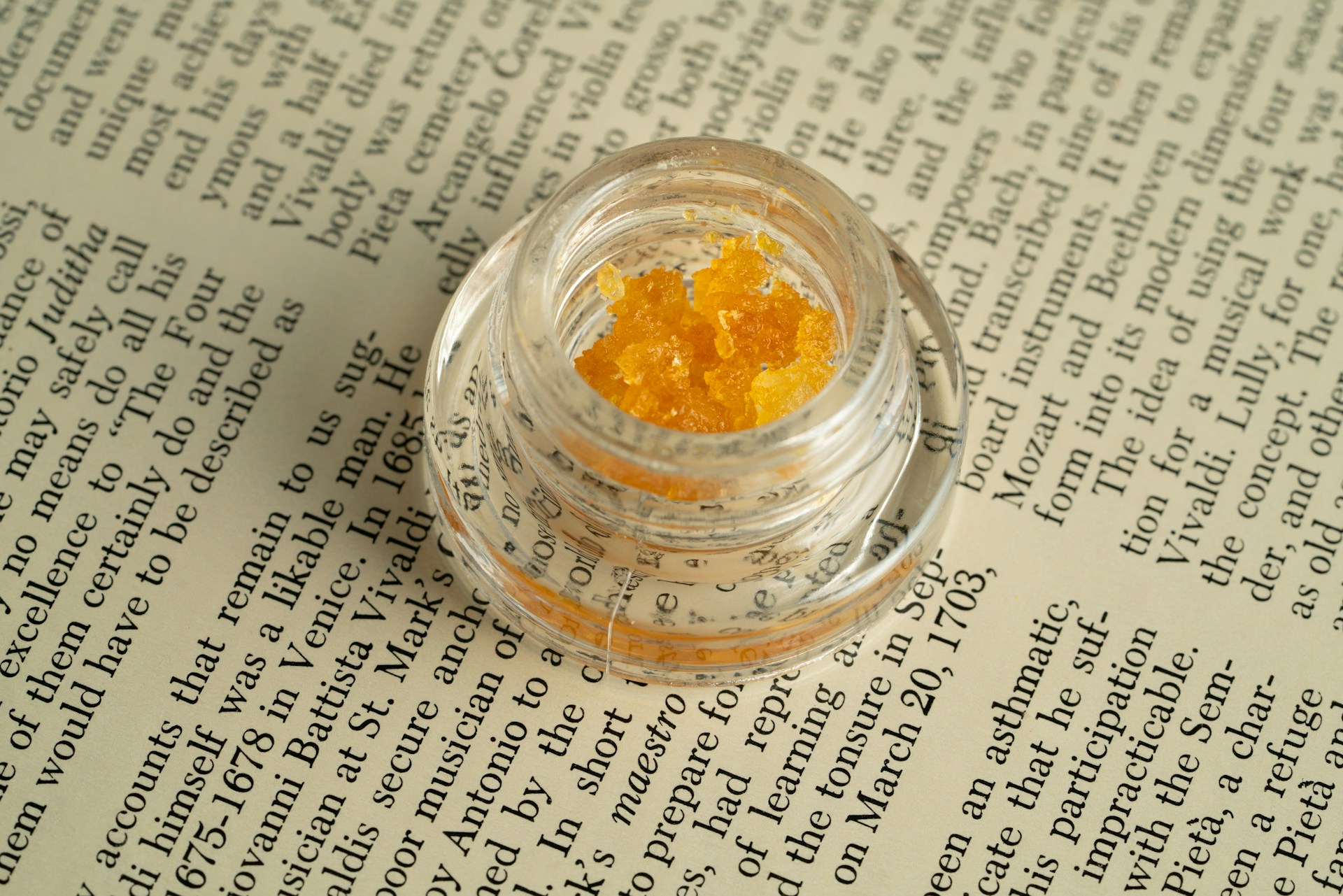
The most significant difference between resin and rosin is the use of solvents. Many cannabis users prefer rosin because it provides a “cleaner” experience free of solvents.
With proper testing and processing, the residual solvents found in resin are minimal and non-toxic. However, health-conscious smokers may want to avoid even low exposure to solvents over extended periods.
While using solvents can maximize potency, it comes at the cost of terpenes. The natural process used to make rosin preserves terpenes, which leads to better-tasting dabs and pleasant-smelling puffs.
The Entourage Effect
Scientific studies involving marijuana are lacking because of federal drug laws. However, as cannabis becomes more mainstream, we have begun to study the plant in earnest.
One of the most interesting new theories regarding weed is the entourage effect. Preliminary scientific studies show that all the compounds found in marijuana, even the ones that don’t explicitly get you high, work together to create specific effects.
One key difference between rosin and resin is that rosin retains more of the natural compounds found in the cannabis plant. This means that rosin will better represent the high of the cannabis it derives from.
The Last Dab
Ultimately, the differences between rosin and resin are miniscule. They both distill cannabis down to its psychoactive essence. Rosin does this through an involved natural process, while resin uses chemicals to extract the most THC possible from every bud.
Regardless of your favorite in the resin vs. rosin debate, Rose Collective has a concentrate that will make your next dab your best dab. Stop by our Venice Beach dispensary and talk trichomes and terpenes with one of our knowledgeable budtenders.
Already in your comfy clothes? No problem! Check out our daily deals and then order from our online menu for easy in-store pickup!

